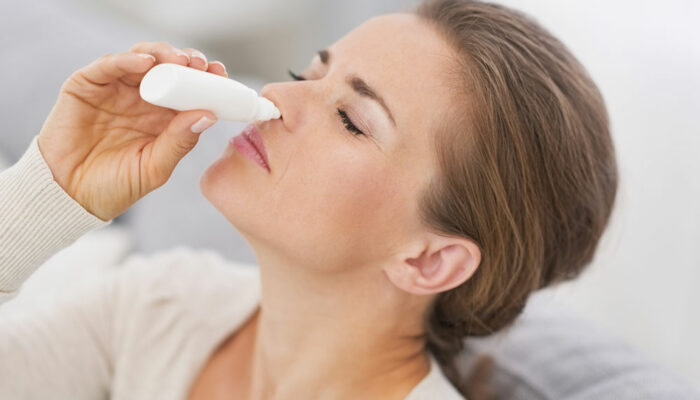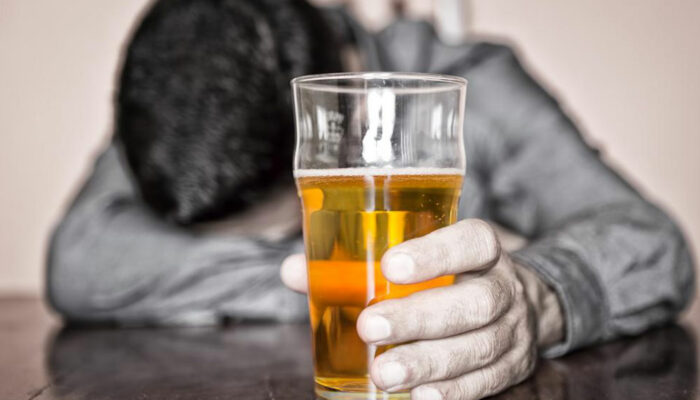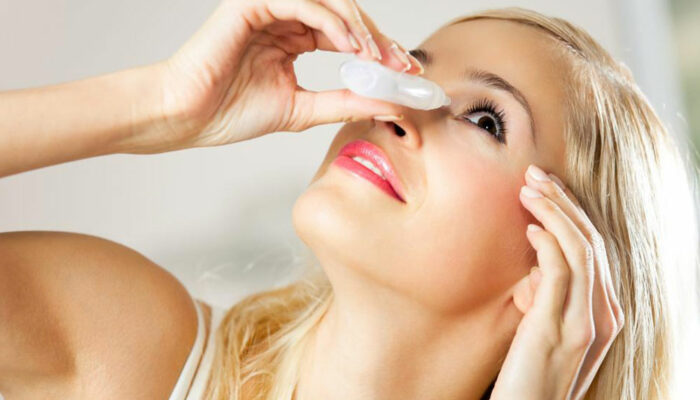
6 Tips To Manage An Overactive Bladder
When one suffers from an overactive bladder, there is an increased frequency of urination and stronger urges that are difficult to control. There are varied factors that attribute why it happens, and treatment is quite easily. The condition can also be easily improved by making some changes to diets and other habits. Here are some lifestyle tips for those suffering from an overactive bladder.
Avoiding Irritant Fluids
The frequent urge to relieve one can get annoying due to the time spent in the bathroom visits. This may lead several people to consume fewer fluids to avoid these visits and can lead to other problems. One can time their water intake depending on the schedule, such as trying to consume the required water 2-3 hours before bed to avoid getting up. Additionally, those with an overactive bladder can avoid fluids that can worsen the issue. Some of these irritant fluids include coffee, alcohol, tea, citrus-based fluids, caffeinated beverages, and those containing artificial sweeteners.
Maintaining an Ideal Weight
Excessive weight can worsen the issue of an overactive bladder. Reducing some weight can help in controlling the bladder better as there is pressure on it is reduced. There are a few exercises that can help address both issues.
Bladder Muscle Exercises
Apart from the exercises to prevent being overweight, there are special exercises that can help in managing an overactive bladder. This includes kegel exercises, quick flicks, and even biofeedback. Biofeedback is a process in which one can monitor the muscle movements using computer graphs and audio. This is ideal in understanding how the pelvic muscle behaves during various actions and their strength.
Double Voiding
This refers to making a second attempt to urinate during a visit to the bathroom. To ensure that the bladder is empty, one can always try urinating a second time after a few seconds after relieving already once.
Dietary Changes
One of the important lifestyle tips for overactive bladder is to follow a diet that addresses the condition. This involves avoiding foods that can worsen the condition, like some citrus fruits, foods laden with artificial sweeteners, foods containing large amounts of tomato, some chocolates, and even spicy foods. On the other hand, increasing fiber-rich food can help in improving bladder and bowel movements.
Keeping Notes
Maintaining a log about how many liquids one has consumed, the number of times one has felt the urge to urinate, any leaking accidents, or anything else related to it can help in finding factors the help or worsen the situation. For some with an overactive bladder, coughing, sneezing, or laughing can cause an accident. You can also log down any incident where you were unable to reach the washroom on time. All this information helps in understanding the bladder habits fully well. Make it a point to carry a small diary with you to note these down, everywhere you go.



